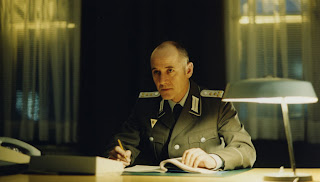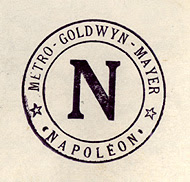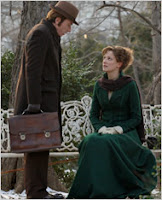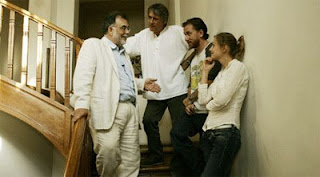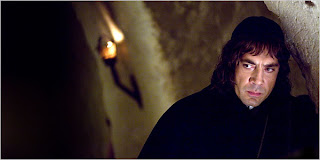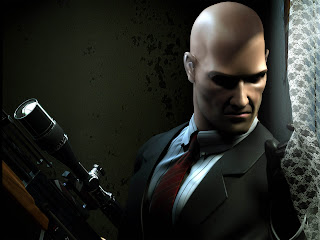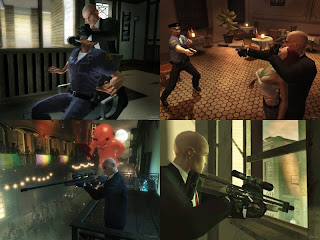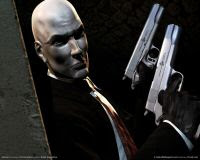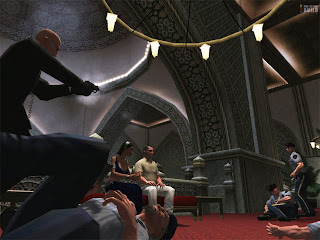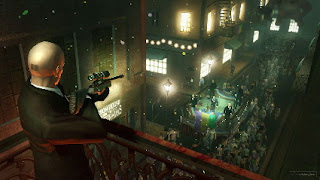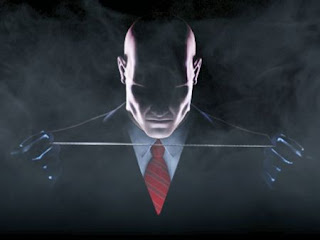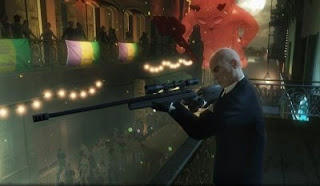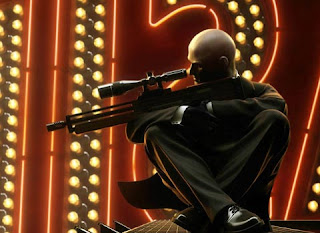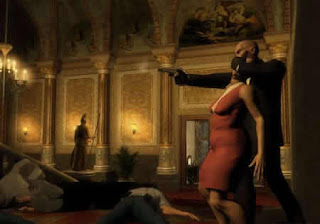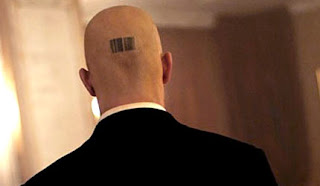
Hey guys,
I've been gaining a number of new readers over the last few months (around the world, no less). In fact, next to English, the top languages are in this order: German, French, Spanish, Dutch, Hebrew, Italian, Polish, Portugese, and Swedish. I know you guys are out there, and I want you to feel very welcome here. And ya know, there's one guy in Turkey who reads me religiously. Whenever I look over my blog stats, I always look for that one guy in Turkey. Sure enough, like clockwork, he always shows up. I don't know who you are, man, but I want YOU to know I'm always glad when you visit.
Okay, for the benefit of all my new readers, I'd like to periodically post "Best Of" articles. And you can't get much better than the 8-part series we finished last February on Stanley Kubrick's Napoleon screenplay. Kubrick followed Napoleon’s life from his birth all the way up to his death. He starts with a few pages on his childhood, moves on to Napoleon’s quick rise in military power and on to become head of an empire that ruled over much of Europe. And then we witness his stunning, heart-wrenching downfall. He loses everything that is precious to him. And in Act Three, Napoleon mounts his final comeback. He regains his power, which lasts briefly, and then we see the entire world move against him and crush him. It's sensational and there is so much to learn from it. We explored every single facet and technique used in that script. Kubrick's Napoleon is unquestionably one of the most fascinating unproduced screenplays ever written.
Below are the links to all of the articles and beneath that are my final thoughts on Napoleon in an article called "Poetics in Cinema."
Hope you enjoy them.
-MM
--------------------------------------------------------------------------------
The Complete Series:
Part I - Stanley Kubrick's Obsession
Part II - "A Teddy Bear, A Prostitute, & A Peasant's Revolution"
Part III - "Josephine"
Part IV - "The Art of War"
Part V - "Empire"
Part VI - "The Fall"
Part VII - "The Defeat" or "The Thousand Mile March Into Oblivion"
Part VIII - "Elba, St. Helana, & Beyond"
Stanley's Production Notes
--------------------------------------------------------------------------------
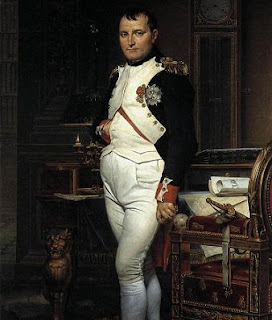
“Poetics in Cinema.”
Stanley Kubrick’s Napoleon is a sweeping epic told in broad strokes and poetic symbolism. He has us following Napoleon’s life from his birth all the way up to his death. He starts with a few pages on his childhood. He moves on to Napoleon’s quick rise to military power and then on to become head of an empire that ruled over much of Europe. And then we witness his stunning, heart-wrenching downfall. In fact, he loses everything that is precious to him. And in Act Three, Napoleon mounts his final comeback. He regains his power, which lasts quite briefly, and then we see the entire world move against him and crush him.
I’m reminded of a recent (and wonderful) post by Girish about Poetic Films. He quotes Maya Deren who made a distinction between drama that’s “horizontal” and “vertical,” and by that she means that the narrative is “horizontal” and the lyric is “vertical.” To quote her,
“In Shakespeare, you have the drama moving forward on a ‘horizontal’ plane of development, of one circumstance—action—leading to another, and this delineates the character. Every once in a while, however, he arrives at a point of action where he wants to illuminate the meaning to this moment of drama, and, at that moment, he builds a pyramid or investigates it ‘vertically,’ if you will, so that you have a ‘horizontal’ development with periodic ‘vertical’ investigations, which are the poems, which are the monologues… You can have operas where the ‘horizontal’ development is virtually unimportant—the plots are very silly, but they serve as an excuse for stringing together a number of arias that are essentially lyric statements.”
You can really see in this script the distinction between that which is “horizontal” and “vertical,” because in order to cover all of the important events in Napoleon’s life, you have to fly down that horizontal plane at lightning speed in order to squeeze it all in before you reach page 150. And thus, you cannot help but notice those moments when Stanley shifts gears in the narrative and chooses to slow down to be “vertical,” to spend just a few pages to highlight the meaning of a dramatic moment.
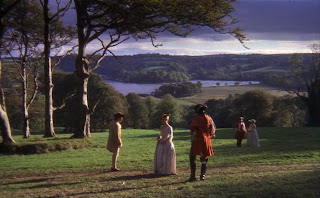
The first “vertical” moment that comes to mind has to be the sequence involving Napoleon’s marriage to Josephine (found in Part III). We’ve been flying through pages about his quick rise to power and his preparations for the Italian campaign, which we know will send him into worldwide fame and headlong to becoming the next Emperor of France. But we stop for this very important love affair. We hear Napoleon’s many poetic love letters to Josephine. “Sweet and incomparable Josephine, what is this bizarre effect you have upon my heart?” “By what magic have you captivated all my faculties, concentrated in yourself all my existence? It is a kind of death, my darling, since there is no survival for me except in you.”
And while we hear Napoleon pour his heart out, we watch Josephine have an affair with Captain Hippolyte Charles.
And that sequence was not just about establishing their marriage and her betrayal and how much Napoleon loved Josephine. It was also about how much he overwhelmed her with the kind of love that suffocates a human being, which in this case drove Josephine into the arms of another man. (Of course, she was indifferent to him since the beginning, but his behavior certainly didn't help matters either.) In any case, that sequence also showed a believable contradiction in the main protagonist, which gave him depth - that is, the arrogant, powerful, confident Napoleon was also the insecure, needy, emotionally reckless Napoleon who naively wanted to be loved as overwhelmingly as he loved Josephine. We see that he completely gave himself over to her with an almost childlike honesty without realizing the consequences of his behavior, a stark contrast to the genius who meticulously calculated (and won) every battle. And by making us hear his voluminous words of love while at the same time showing us Josephine’s betrayal, we are practically forced to feel the sting of her infidelity just as Napoleon felt it, and we sympathize with him.
How many scenes does it take to establish the fact that they got married and she had an affair and Napoleon’s heart was broken? Those are just facts. To be a little “vertical” in this sequence, to hear his words of love found within those many volumes of letters, to know how he pushed her away, and to see the affair and its affect on him, is to understand the meaning of those events and to feel for the characters.
I don’t believe anyone has taken the time to comment on the poetic techniques of Kubrick’s Napoleon. I’m reminded of something Francis Ford Coppola said in his commentary of Apocalypse Now Redux: “In a way, you know, cinema is more like poetry than literature. It’s all about expressing things and saying things that you don’t say and trying to say it in another way – to use metaphor, or simile, or allegory or any of these other poetic techniques where you express one thing by, in fact, showing something quite different – and the audience puts it together. Cinema is at its best when it expresses things without really expressing them.” And that’s exactly what Stanley does here.
Time and again, in scene after scene, Stanley uses his own style of poetic cinema in which he shows us one thing on the screen but he makes us hear something quite different that undercuts the meaning of what we are seeing. A few examples that come to mind:
- In the sequence above between Napoleon and Josephine, we hear Napoleon’s endless love for Josephine, but we see the painful reality of their marriage.
- As we see the happy wedding of Napoleon and Josephine, we hear in voice over Josephine reveal her true feelings of lukewarm indifference to Napoleon.
- During the Italian campaign, we hear the Narrator tell us about all the glories and victories of Napoleon while we see French troops pillage small Italian towns and take away food and livestock from poor farmers.
- We hear Napoleon tell his party guests about how “authority's main job is to keep man from being at his worst,” but we see Napoleon behaving at his worst by conspiring to have an affair with another woman right in front of Josephine.
- We hear Josephine read her statement declaring how she feels pleasure giving Napoleon “the greatest proof of attachment and devotedness that was ever given on earth,” that is, a divorce, but yet, we also see her sobbing uncontrollably.
In one of the last scenes in which we see Napoleon in Tuileries Palace, Stanley shifts poetic gears once again. We see Napoleon sitting at a large table eating alone, and we hear the Narrator tell us that all of the allies had refused to have any diplomatic dealings with Napoleon. You see, in a stark contrast to all of the previous scenes in which we saw one thing but heard something different, this is one of the only scenes in which we see and hear something that has the very same meaning – that is, Napoleon is completely and hopelessly alone.
That, to me, is poetic cinema.
-MM

